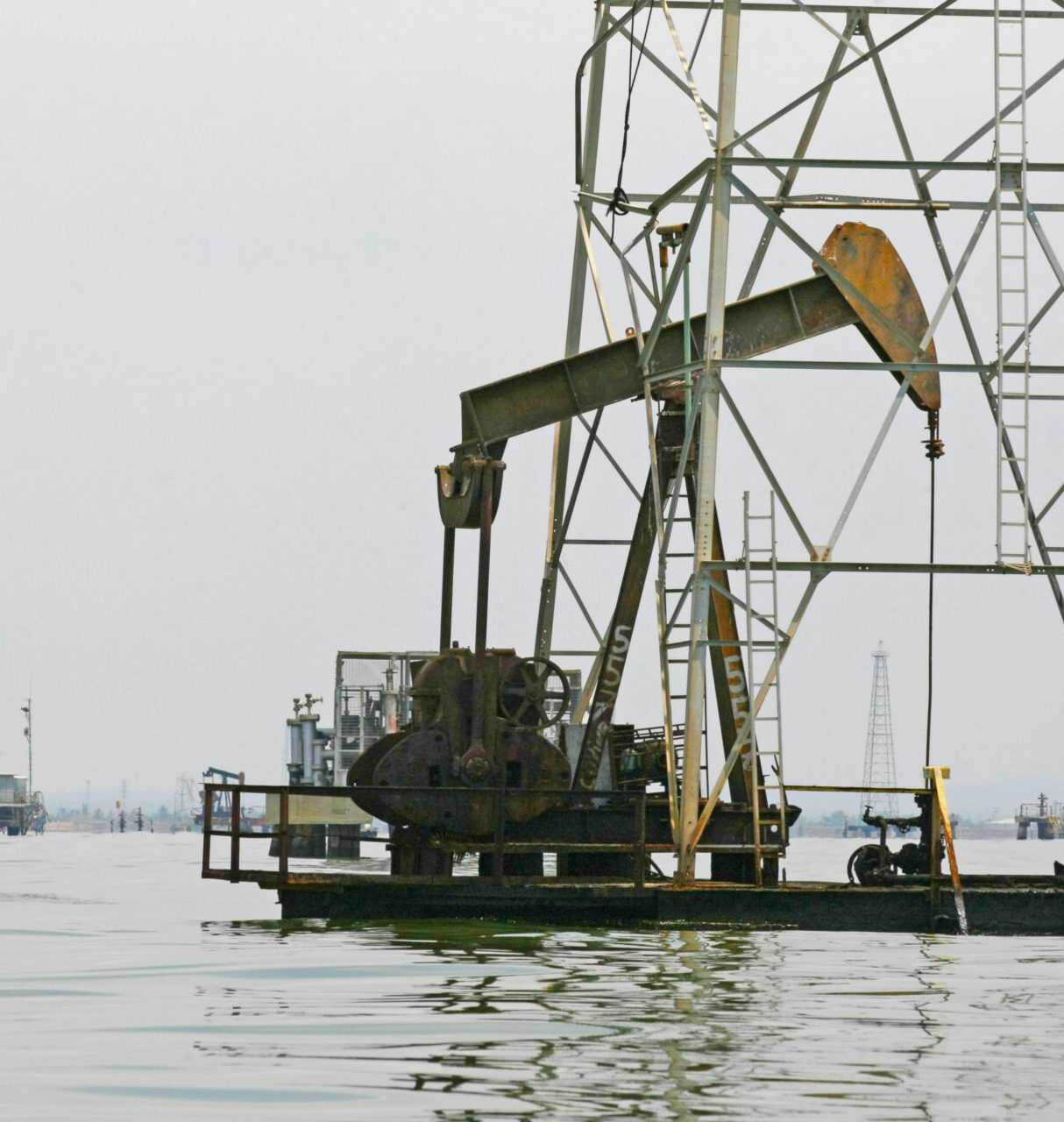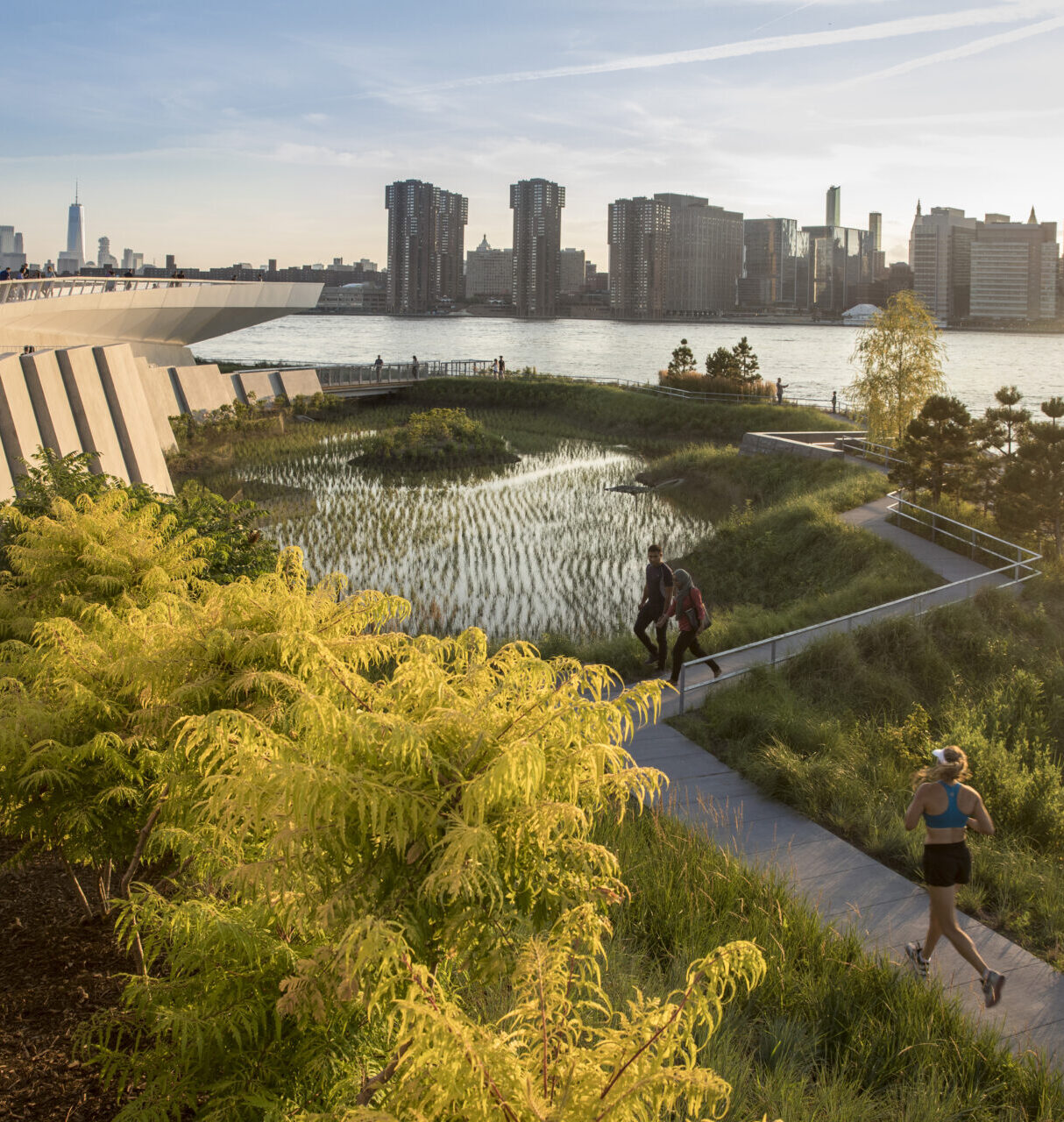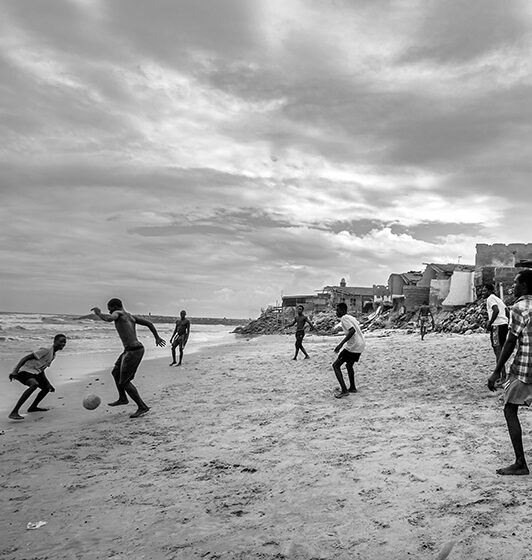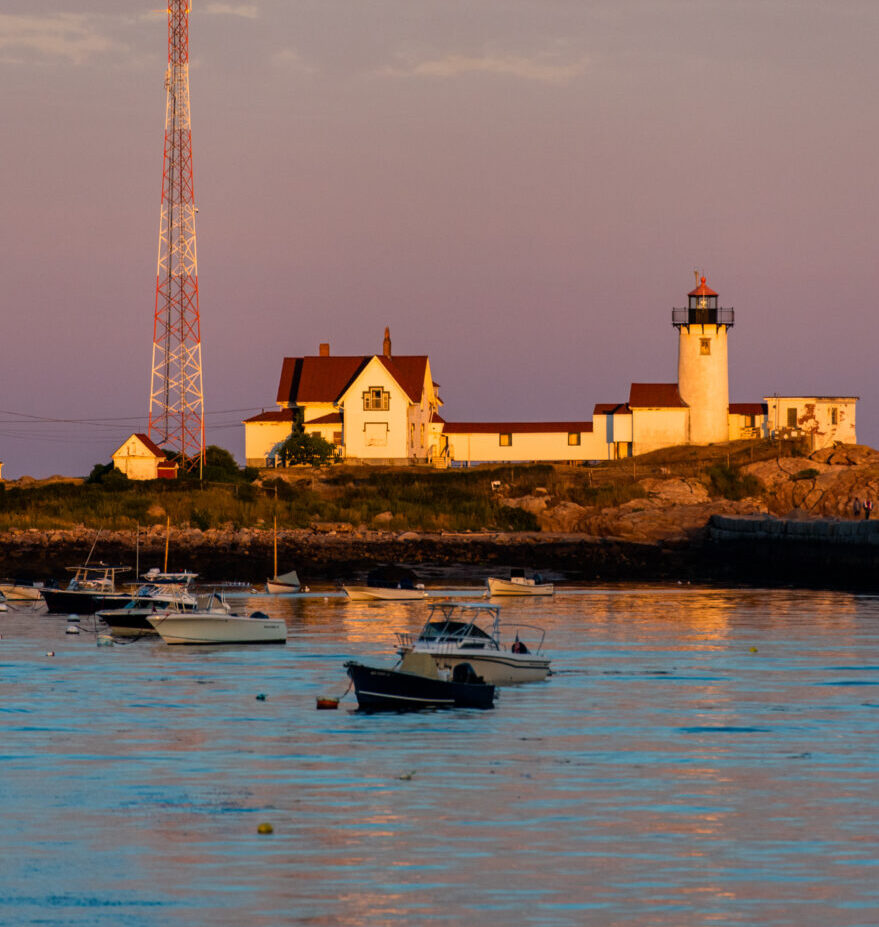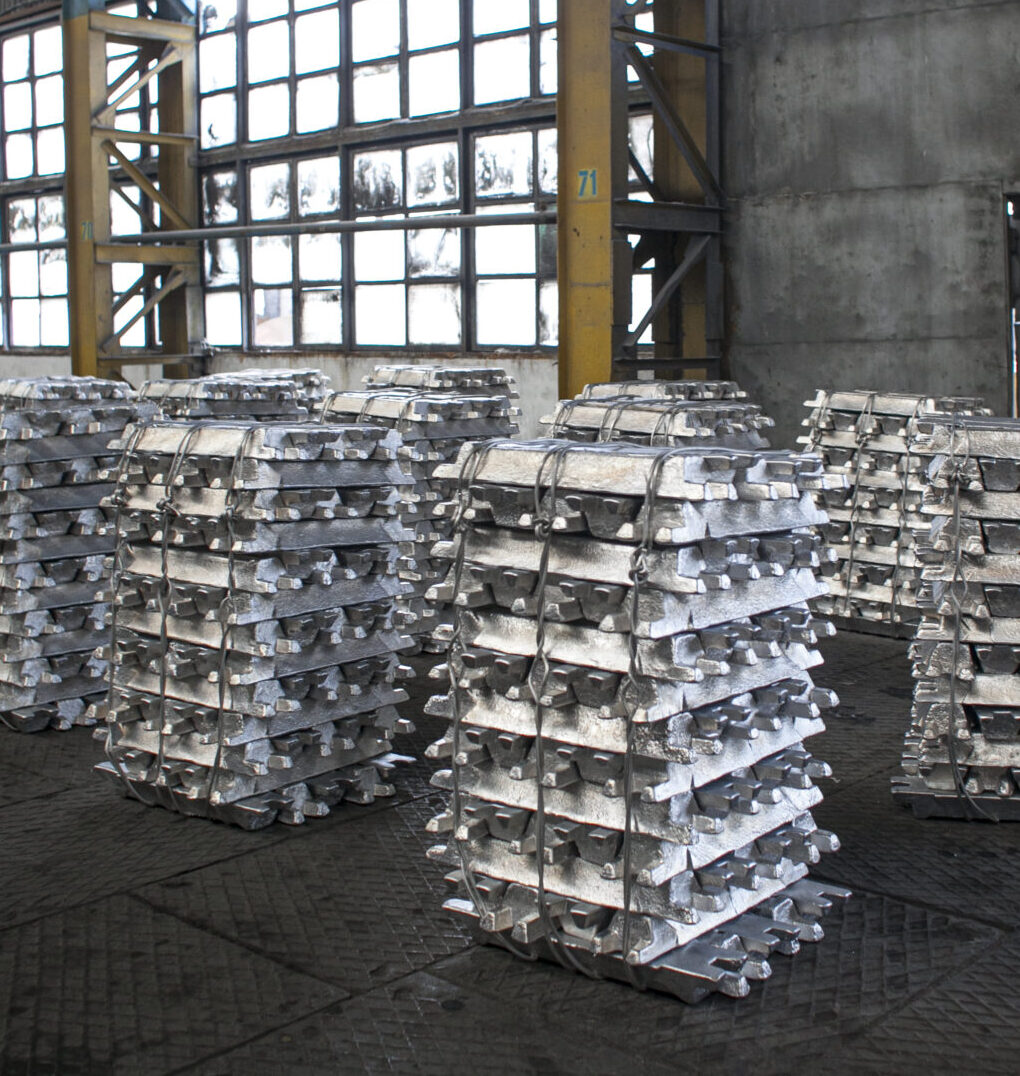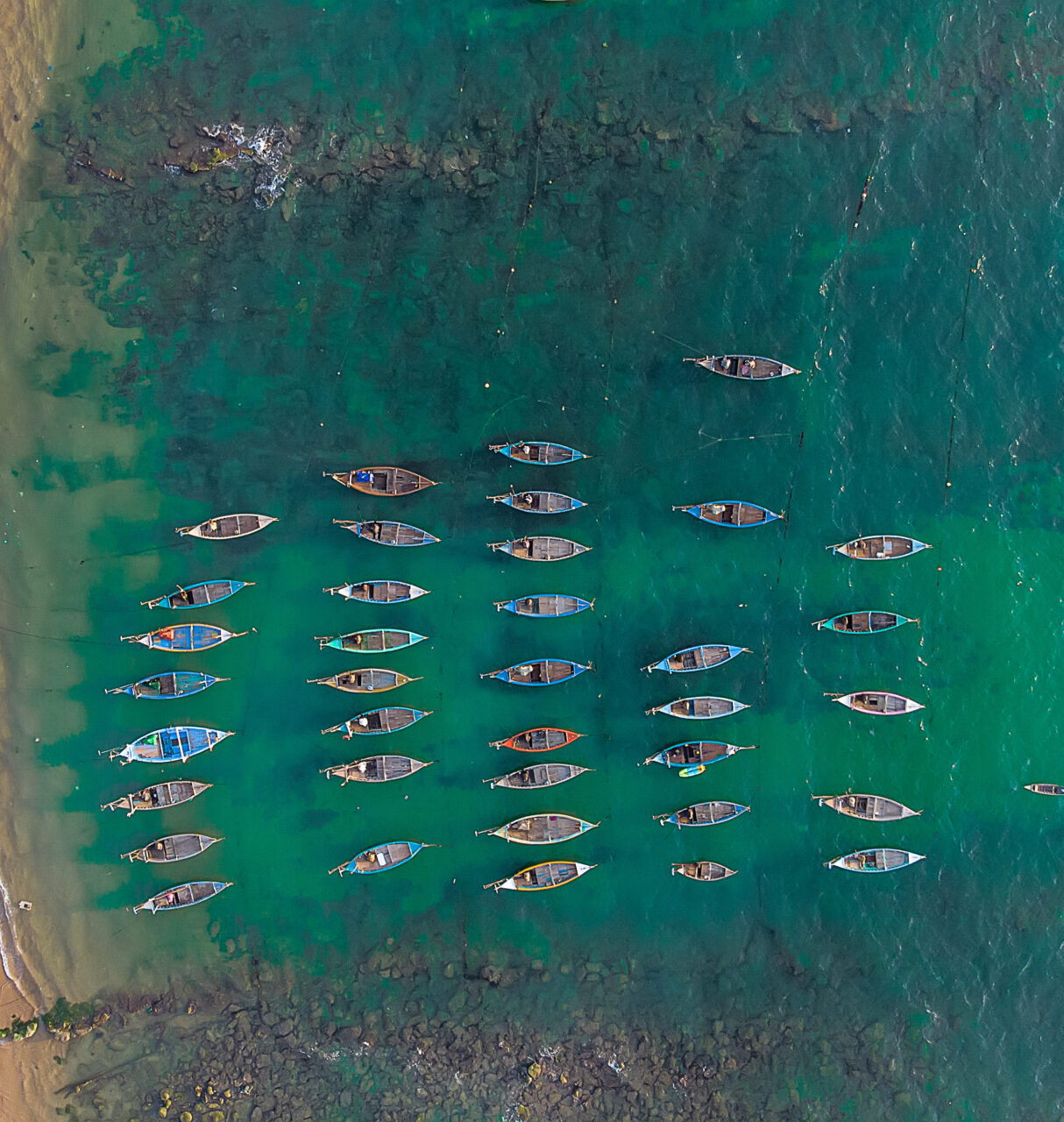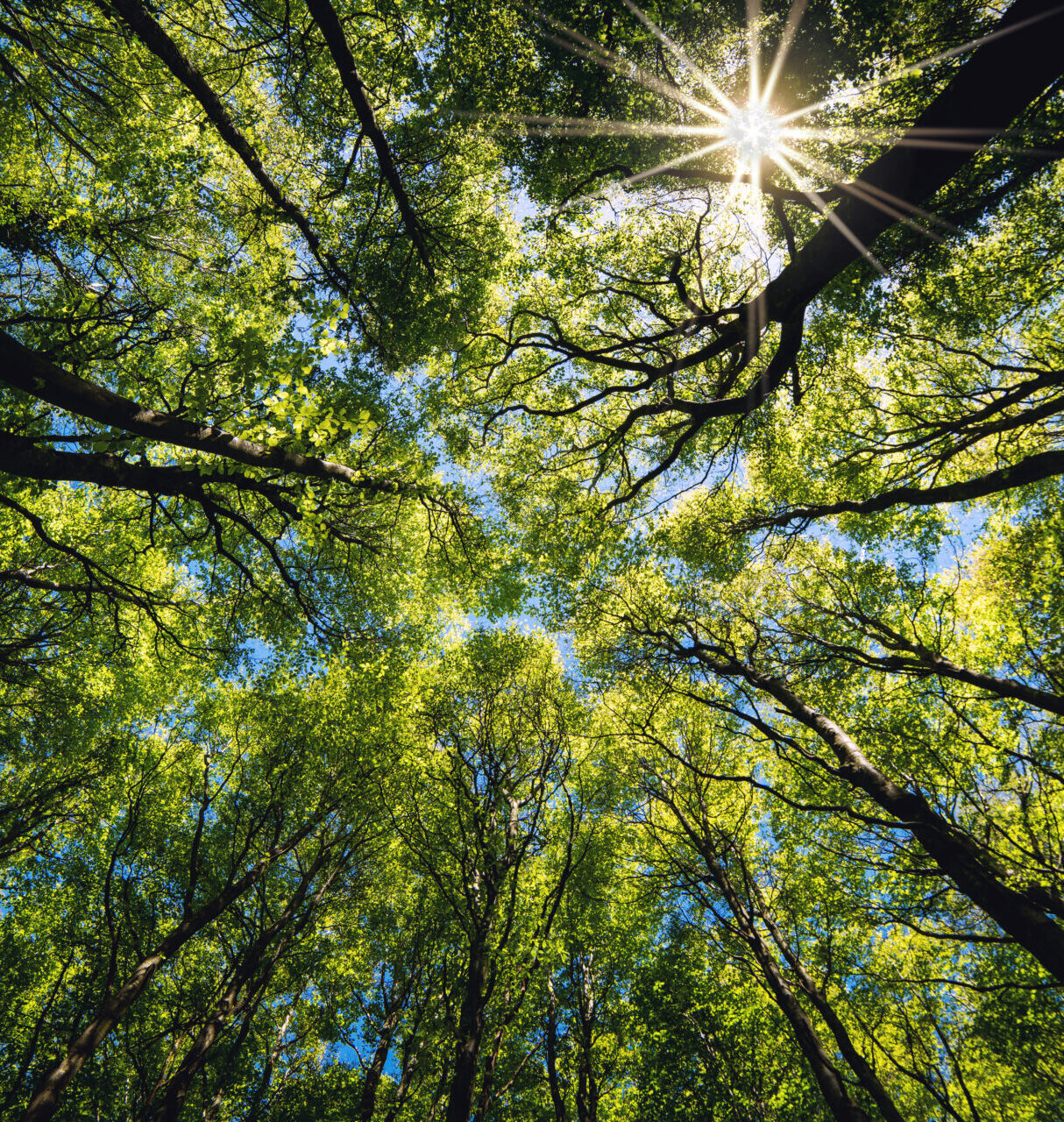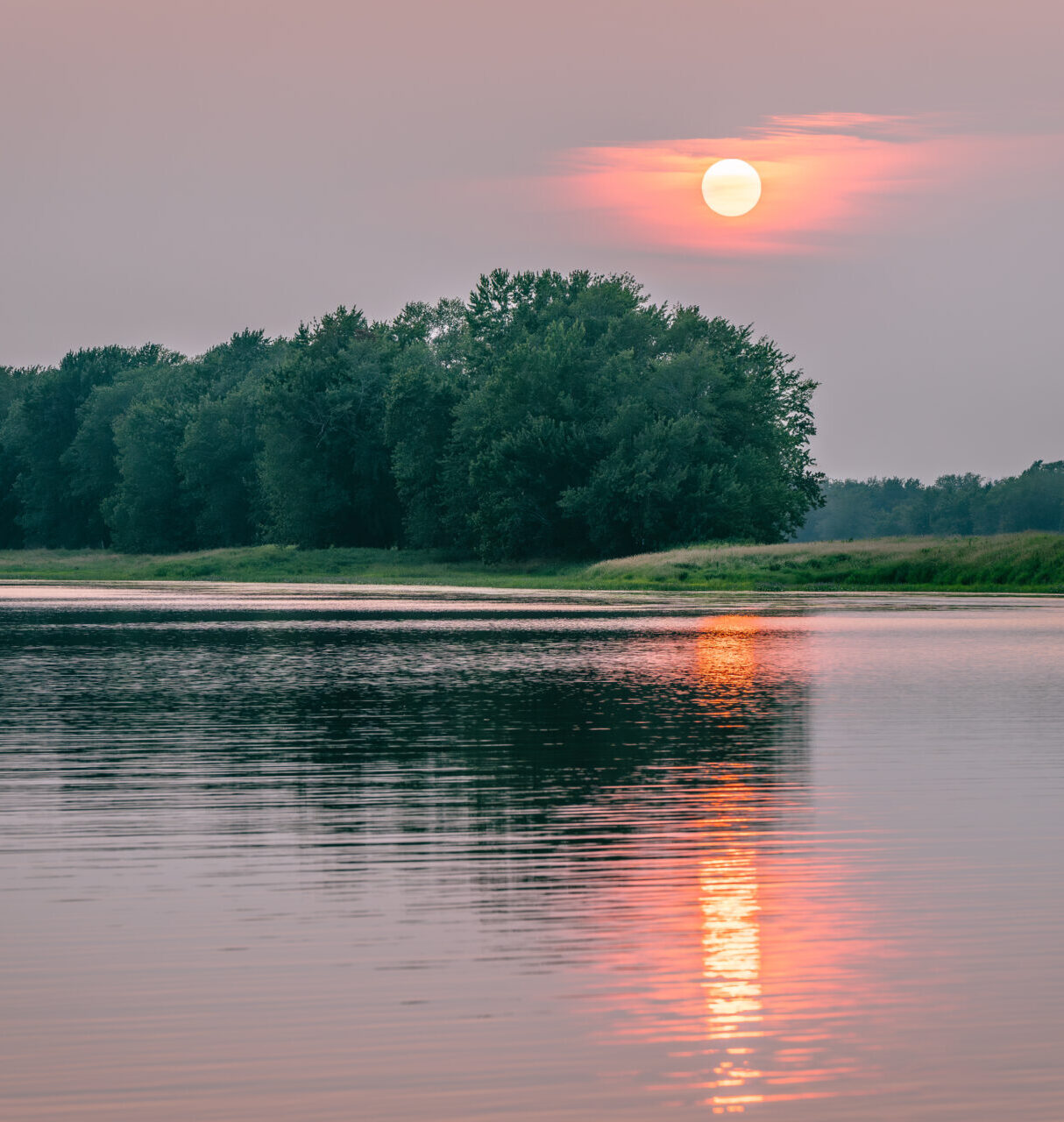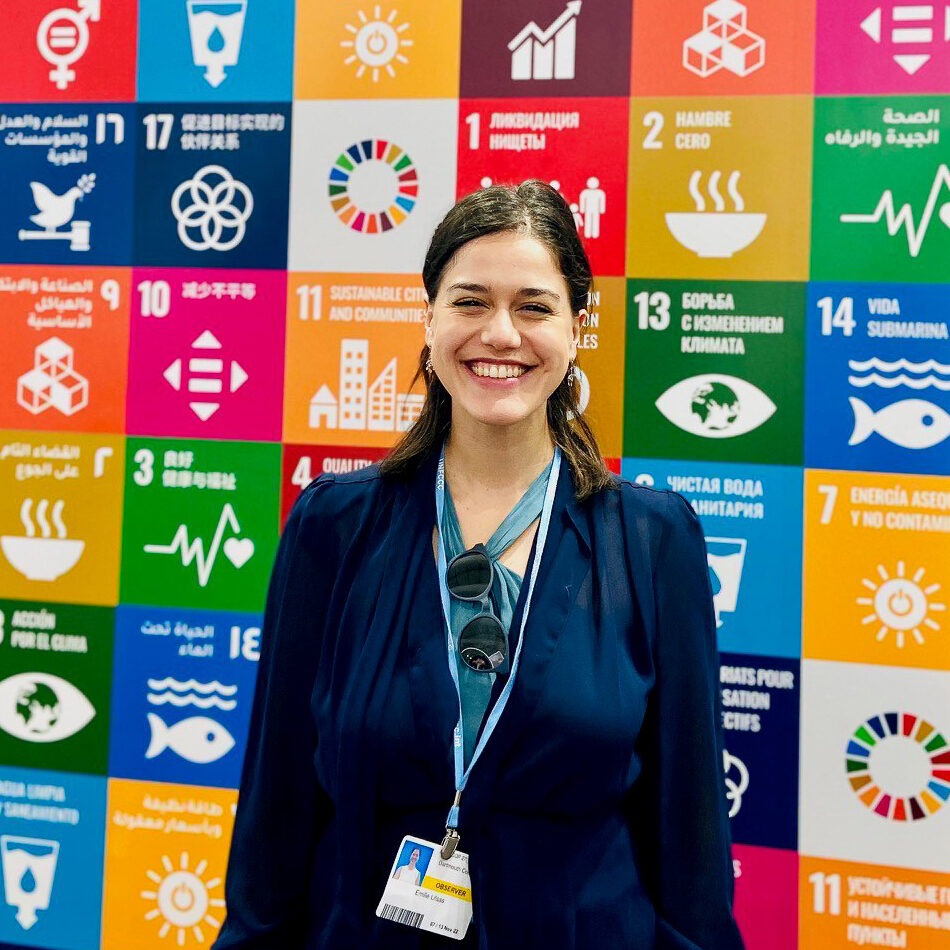
Emilie Litsas
Reflecting on Climate and Humanitarian Challenges at COP27
By: Emilie Litsas
In November 2022, I had the opportunity to participate in the world’s largest climate negotiations as a student observer to the United Nation’s (UN) 27th Conference of Parties (COP27). COP27 came at a critical time by marking the half-way point for the UN’s intergovernmental work to implement the UN’s Sustainable Development Goals (SDGs) – a set of policy objectives signed by UN parties that endeavor to protect the human rights of vulnerable communities while treating the root causes of sustainable development challenges.
The causal forces of increased forced migration worldwide are attributed to the concurrent crises of climate change, political conflict, and identity-based inequalities and violence. Since 2008, over 300 million people have been forcibly displaced from their homes because of the effects of climate change, including rising sea levels, extreme weather, and natural disasters. This equates to one person displaced every second of the day. 80% of people who are displaced by climate change are women. Therefore, the UN’s response to the climate migrant crisis is about more than climate justice, it is a fight for gender equality.
I joined the COP27 eager to hear from policymakers, businesses, and activists responding to the human migration crisis. I wanted to learn how climate leadership is mitigating environmental damage to communities, funding loss and damage programs to resettle displaced people, and integrating displaced workers into the green economy. Yet, I found myself in surprisingly rare company at COP27 among those studying the implications of climate action on displaced people.
My greatest takeaway from COP was how widely the interpretation of climate facts, issues, and priorities varies and how this variation causes political tensions and slowdowns in the UN’s climate action campaign. We have limited time to make good on our commitments toward the 2030 SDGs. The global climate crisis will not slow down while we debate the relevant importance of different climate actions. I fear the migrant crisis will continue to grow while the UN debates and renegotiates its priorities within loss and damage climate policy.
I argue that migrant issues and perspectives should be more effectively prioritized in climate finance and SDG discussions. The UN should work to protect communities that were made vulnerable by the actions of climate-damaging nations, which means the design of a 2030 climate action campaign must pay attention to how financial resources, knowledge leadership, and action plans interact with climate-displaced people. UN agencies should collect more extensive input from climate knowledge leaders, like indigenous communities, women in climate-vulnerable locations, and displaced people to inform the design of updated climate interventions for the 2030 SDG agenda.
Private and public investments in funding the renewable energy transition, regenerative agriculture and food systems, and other sustainable development projects should be held to stringent standards that critically evaluate their effects on the human rights of indigenous people, women, and displaced people in the areas where they work. The UN should also create minimum shared standards for SDG implementation bodies and private industries to train and employ climate vulnerable and displaced groups to fill policy design, data collection, implementation, and evaluation roles.
The climate issues we are experiencing today will pale in comparison to the state of the climate in the next decade if we do not command the right resources to mitigate current environmental challenges. It is everyone’s responsibility to show up and create a more sustainable future. I implore you to see how climate change has shaped your lifestyle, work, and local community today. Have you benefited financially from historic climate policies at the expense of more vulnerable and lower income communities? Have these climate policies hindered your ability to access basic resources? We must face the hard truths of historic inequalities in how people experience climate change, and work toward a more ethical climate action agenda immediately; we cannot afford to wait.
Emilie Litsas is a dual degree candidate for a Master’s in Public Administration from Harvard Kennedy School and a Master of Business Administration from Dartmouth Tuck School of Business.
The Salata Institute
The Salata Institute supports interdisciplinary research that leads to real-world action, including high-risk/high-reward projects by researchers already working in the climate area and new endeavors that make it easier for Harvard scholars, who have not worked on climate problems, to do so. Faculty interested in the Climate Research Clusters program should note an upcoming deadline for concepts on April 1, 2024.
